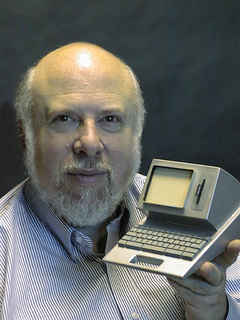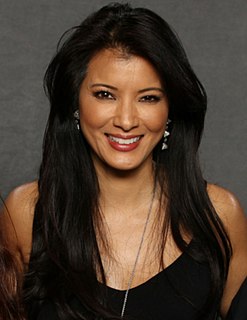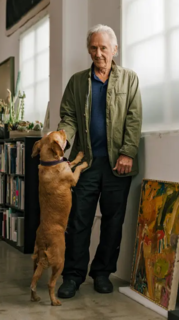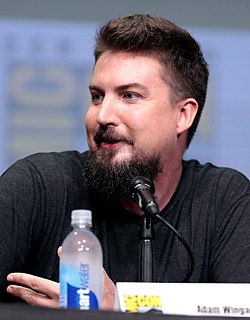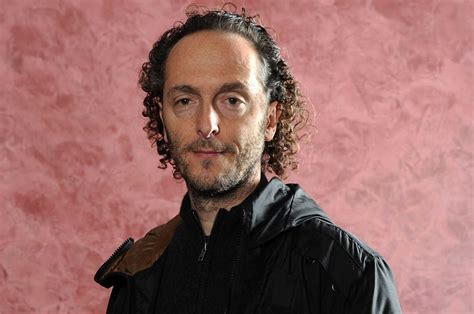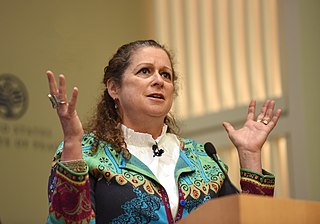A Quote by Helen Levitt
I never had a “project.” I would go out and shoot, follow my eyes... I tried to capture with my camera, for others to see.
Related Quotes
I love to just listen and watch. I could happily watch a security camera at a store. Often during a day I'll see a guy selling pretzels or an argument that somebody's having on a stoop and I'll think, "Oh I wish I had my camera, I wish I could capture this moment." There's something about people being people and interacting that can be so beautiful when it's framed by a camera. That desire to capture people as they are, and the stubbornness to keep going when they don't necessarily want you to capture them being who they are, are key.
I'm really specific in the way that I shoot. I've always had a very good sense of what I need in the editing room. I used to shoot in a way that drew more attention to the camera and I've tried, in each film, to draw less and less attention to the camera. I think when you pay attention to the shots, you're aware of the fact that there's a director.
The first scene I ever shot for 'Louie Bluie,' on that first day, I had never seen the camera before. I didn't know where to put it. I just knew what was strong about these guys and what I wanted to capture, so I tried to work backward from there and figure it out. Trial and error. Hopefully I got a little bit better at it.
I had very good LSD, but the problem was - I tried making a film, or doing some filming, when I was on LSD, and it's impossible. I couldn't focus. I tried focusing, but when I looked through the lens, I'd see all different layers of focus, and I couldn't find which was the real one behind the camera. And I just thought, this does not work, and I never tried that again.
I hate it when you are watching a movie where the characters are on the news, and for some reason they shoot it with a 35mm camera or a 4K camera, and they just put it on the TV as if that's the way it would look - it always takes me out of it by putting a filter on certain things. If it's too high quality, you're never gonna buy it.
I get very close to people when I'm shooting them. We would go and shoot a scene with Lucy, and I would spend the whole time telling her about Rob. Then I would go shoot a scene with Rob and tell him all about Lucy. Eventually they wanted to know each other. These are two people who would never have overlapped in any other way or context. We brought to the garden at Rob's office and just sat and watched what unfolded. I remember weeping behind the camera, because I was so moved by the way they connected.
Making photos is helpful of course to master the craft. To get comfortable with the camera. Learn what a camera can do and how to use the camera successfully. Doing exercises for example if you try to find out things that the camera can do that the eye cannot do. So that you have a tool that will do what you need to be done. But then once you have mastered the craft the most important thing is to determine why you want to shoot pictures and what you want to shoot pictures of. That's where the thematic issue comes to life.
My own eyes are not enough for me...I will see through the eyes of others. Reality, even seen through the eyes of many is not enough...I will see what others have invented. Even the eyes of all humanity are not enough. I regret that the brutes cannot write books. Very gladly would I learn what face things present to a mouse or a bee. More gladly still would I perceive the olfactory world charged with all the information and emotion it carries for a dog.
It would perhaps not be amiss to point out that he had always tried to be a good dog. He had tried to do all the things his MAN and his WOMAN, and most of all his BOY, had asked or expected of him. He would have died for them, if that had been required. He had never wanted to kill anybody. He had been struck by something, possibly destiny, or fate, or only a degenerative nerve disease called rabies. Free will was not a factor.




